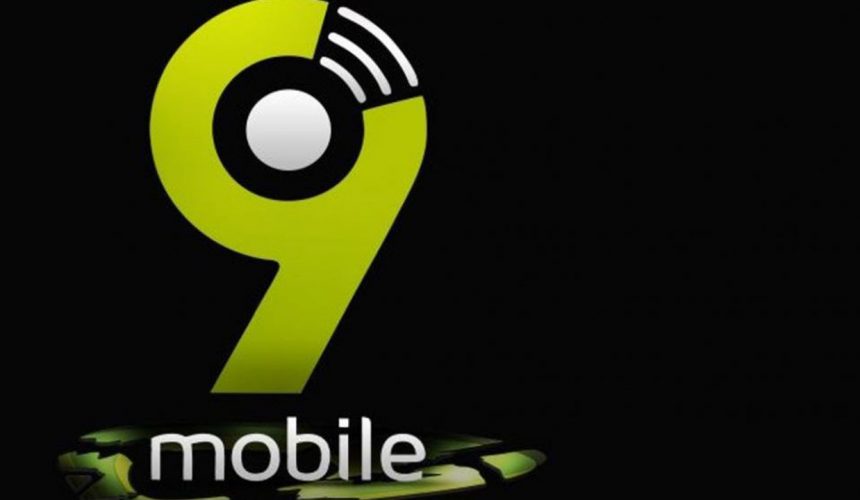Out-of-home (OOH) advertising is a very crucial, perhaps indispensable, arm of the advertising industry. It used to be considered a support medium in the execution of marketing communications campaigns. Today, however, we have seen successful marketing communications campaigns in which the out-of-home platform is either the major plank or the sole plank of the campaign. Also, the evolution of out-of-home advertising has involved tremendous improvements in the structure of the platforms as well as the dynamics and processes of its value-delivery.
Once upon a time, purchase of the outdoor media used to be on a per annum basis. Today, advertisers have the option of purchasing the platform on a quarterly, monthly or even weekly basis. This makes the medium more flexible and amenable to the exigencies of campaign strategy and budget constraints.
The emergence of digital technology has greatly expanded the value delivery of the OOH advertising media, bringing it in closer competition with the broadcast and, to some extent, the social media platforms.
In his presentation at the 2019 National Advertising Conference, Emma Ajufor, President of OAAN said: “Today, the smart phone….has bridged the divide between digital and OOH, however, OOH display, unlike TV and radio, cannot be switched off at will, it cannot be blocked or skipped like in digital and is relatively cheaper than these other mediums. This is an indication that the OOH platforms are still the most relevant, most flexible and the cheapest.”
Inspite of this bright potentials, it is common knowledge that the marketing communications business and practice generally and the OOH segment, in particular, is facing life-threatening challenges. Speaking at the same 2019 National Advertising Conference, Biodun Shobanjo expressed worry that, “at a time when global marketing support appropriation has continued to witness an average annual growth of 4%, with a global spend of $628.63 billion in 2018, Nigeria’s support appropriation has been declining, year on year, over the past 6years, resulting in a paltry spend of N88 billion or a mere $291.3 million within the same period, in a market of 200milliom consumers.”
In addition to situating the challenges faced by the marketing communications industry in the generally low productive capacity of the Nigerian economy, the poor attitude to branding, declining professionalism among marketing communications practitioners, among others, Shobanjo challenged the regulator, APCON, to play its regulatory role more fervently, particularly as it relates to practice by non Nigerians, multiple taxation and inconsistent policies of state governments in the out-of-home industry as well as “the vexed and perennial subject of debt within the industry between clients, service providers and media owners.”
No less an authority on client –agency business relationship than Lolu Akinwunmi had asserted that ‘Clients find it convenient to access interest –free credit through agencies and will not always honour agreed payment terms. Sadly, many agencies are not empowered to push back on this —-without ruffling feathers’ a situation which, according to him, practitioners in several other economies find curious.
The threat which rising debt profile poses to the marketing communications business in Nigeria has become virtually endemic and unfortunately, defied attempts made to stave off the threat. We recall the efforts put into resolving the media debt burden by APCON Council under the chairmanship of Chris Doghudje through the famous APCON Special Committee on Media Debt Issues (ASCOMDI).
Today, in the OOH industry, we observe a situation where advertisers and media buying agencies issue media orders without a clear commercial (payment) terms and the OOH companies proceed to execute the orders without a clear service delivery terms. Eventually, payments for the order are made randomly and unpredictably, at the convenience and discretion of the advertisers/buying agencies who, often times, are not satisfied with the quality of services received. The OOH company who is constrained by inadequate funds to finance his operation and uncertainty regarding when he would receive payments, or who is inefficient or negligent executes the order haphazardly, thereby distorting the strategy of the campaign and the desired value delivered.
With all the complications engendered by the absence of a sustainable terms of engagement, committed to by the parties involved, every one- —the advertiser, buying agency, the OOH operator, the regulator—- loses revenue and value, one way or the other. Rather than push the blame for consequential loses, it pays the stakeholders to come together and, giving consideration to the situations and circumstances of all parties, agree the guiding principles for an out-of-home advertising contract and commit to jointly enforcing the terms of the contract on any defaulting stakeholders.
Here in is the purpose of this meeting. It is our expectation that all stakeholders will look beyond whatever advantages the present state of affairs may confer on them and see the bigger picture which is the longer term health and sustainability of the out-of-home advertising industry and the Nigerian economy. We are all invited to approach consideration of the draft SOP put before us today dispassionately and lend our voices and experiences to the process of evolving a mutually beneficial and acceptable template for the conduct of out-of-home advertising business in Nigeria.
If we rise from this meeting with an SOP agreed by all stakeholders and a commitment to abide by and enforce the provisions of the SOP, we would have achieved a great milestone in the development of the practice and business of out-of-home advertising in Nigeria. I am sure we would all be proud to have been part of the milestone.
Being keynote address by Joe-Eugene Onuorah, rpa, at the Stakeholders Meeting on Standard Operating Procedure (SOP) for the Out-of-Home Advertising Business in Nigeria. Presented at Sheraton Hotels, Ikeja, Lago – Wednesday, February 26, 2020.






Comment
No comments found.